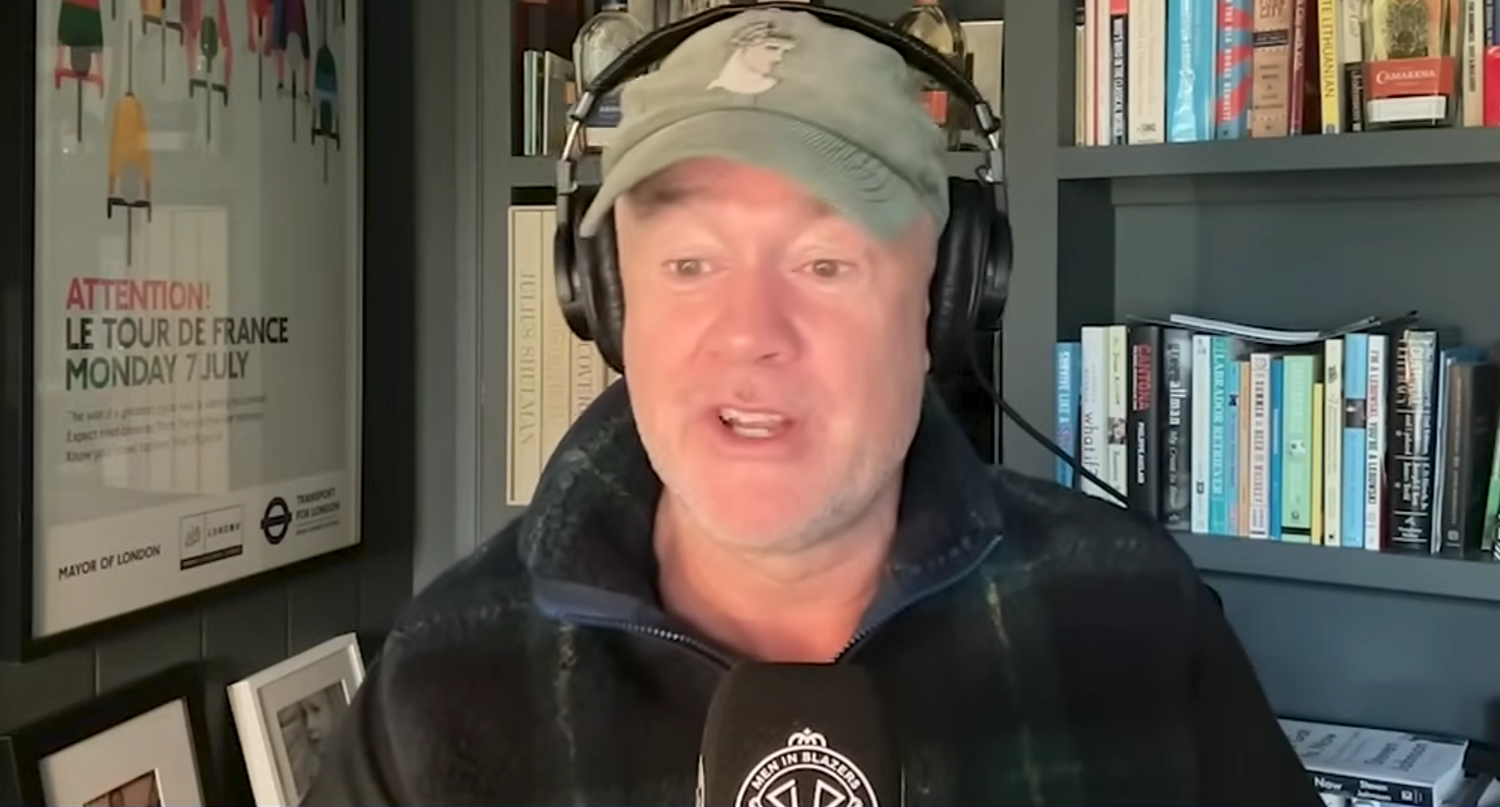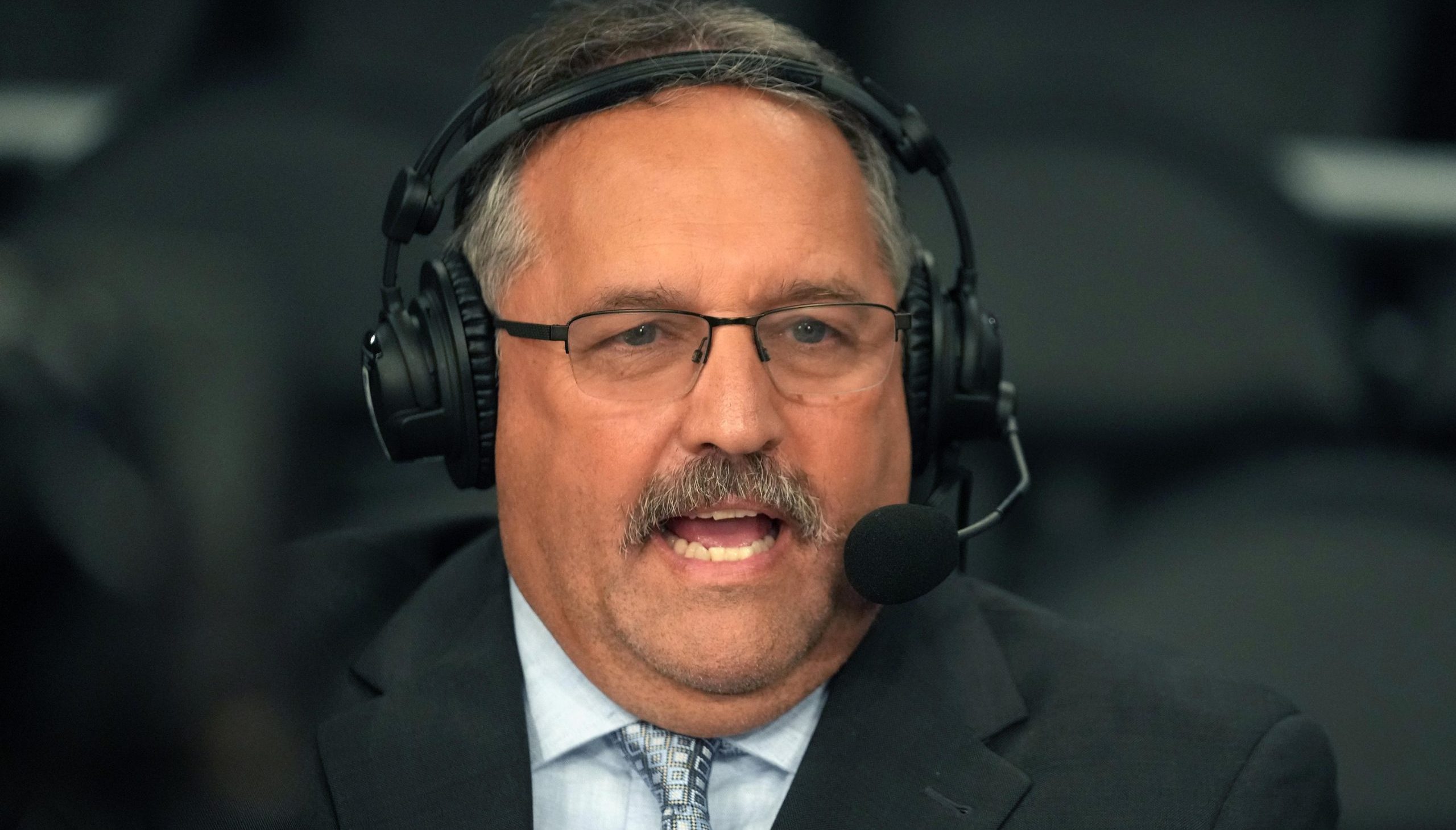PBS’ Frontline has produced some terrific sports journalism over the years, particularly with the “League Of Denial” documentary on the NFL and concussions (initially in partnership with ESPN, before they pulled out), and now they’re teaming up with another big outlet to cover sports betting and the ongoing saga of daily fantasy. That other outlet would be The New York Times, and the results of the collaboration started showing up this week, with a big overarching NYT story on everything from bags of cash to offshore betting to daily fantasy, details on just where offshore sites are located and how they operate, a story of one site’s efforts to help a reporter place untraceable illegal bets, and a PBS piece on how daily fantasy’s evaded regulation (although that’s starting to become less true, with Nevada declaring daily fantasy gambling Thursday and telling sites to cease and desist operating there until they get a license). There’s more to come, too, as PBS’ site says the world of fantasy sports is one Frontline “will explore in a documentary coming Winter 2016,” and both outlets seem to be investing substantial resources in daily fantasy coverage. Here’s the initial five-minute video segment PBS and the NYT produced together, focused on an interview with renowned daily fantasy player and DePauw University student Bryce Mauro:
From the outside, this looks like a smart partnership. The Times gains tremendous video production, editing and distribution by working with PBS, while PBS can add the Times‘ excellent reporting to what they do themselves and gain significant cross-promotion on the web side as well. In some ways, this is a much more logical collaboration than the PBS/ESPN one was, too; while ESPN also has top-notch reporters (with Mark Fainaru-Wada and Steve Fainaru particularly leading the way on the concussion saga) and a great ability to get stories seen online, their primary medium is television, so there was always going to be some tension in the development of that documentary even before the NFL allegedly intervened. The NYT isn’t competing with PBS, and it doesn’t have much of a business relationship with daily fantasy (interestingly enough, these outlets are some of the few that don’t, with Turner/Time Warner and NBC/Comcast invested in FanDuel, Fox invested in DraftKings, and ESPN’s massive advertising deal with DraftKings), so it seems unlikely they’d get cold feet the way ESPN did. (Exactly why ESPN pulled out of League Of Denial is still a matter of debate, with the NYT reporting the NFL pressured them and ESPN president John Skipper disputing that and slamming PBS’ “whining,” but that partnership clearly fell apart; this one seems less likely to.)
The PBS/NYT teamup may bring a lot of valuable reporting to the continuing saga of daily fantasy and online gambling, and it could potentially prove a model for other organizations. Yes, newspapers and magazines are doing much more than ever before in-house on the video side, but there could still be value for them in partnering with television-focused organizations for specific projects. (We have seen some of this, such as CBS’ 60 Minutes working with Sports Illustrated on an investigation of college football and gang ties in 2011, but there’s room for much more.) For a long while, the primary approach to journalism has been to see everyone else as a competitor rather than a potential partner, but that doesn’t have to be the case, especially across mediums. Organizations like PBS and the NYT have a lot to offer each other, and if this partnership works well, others may follow suit.





